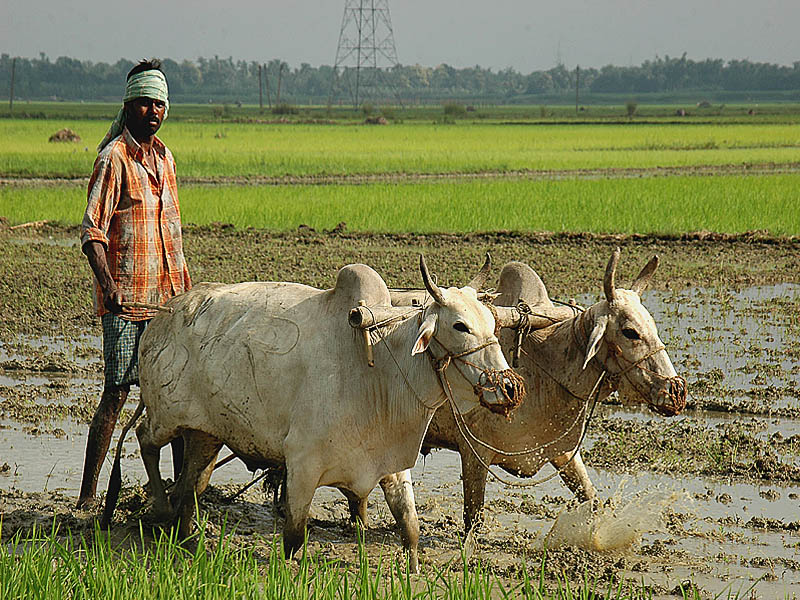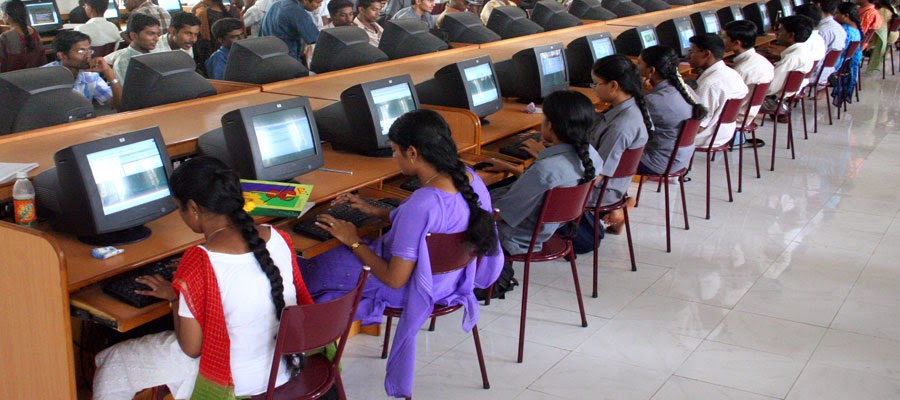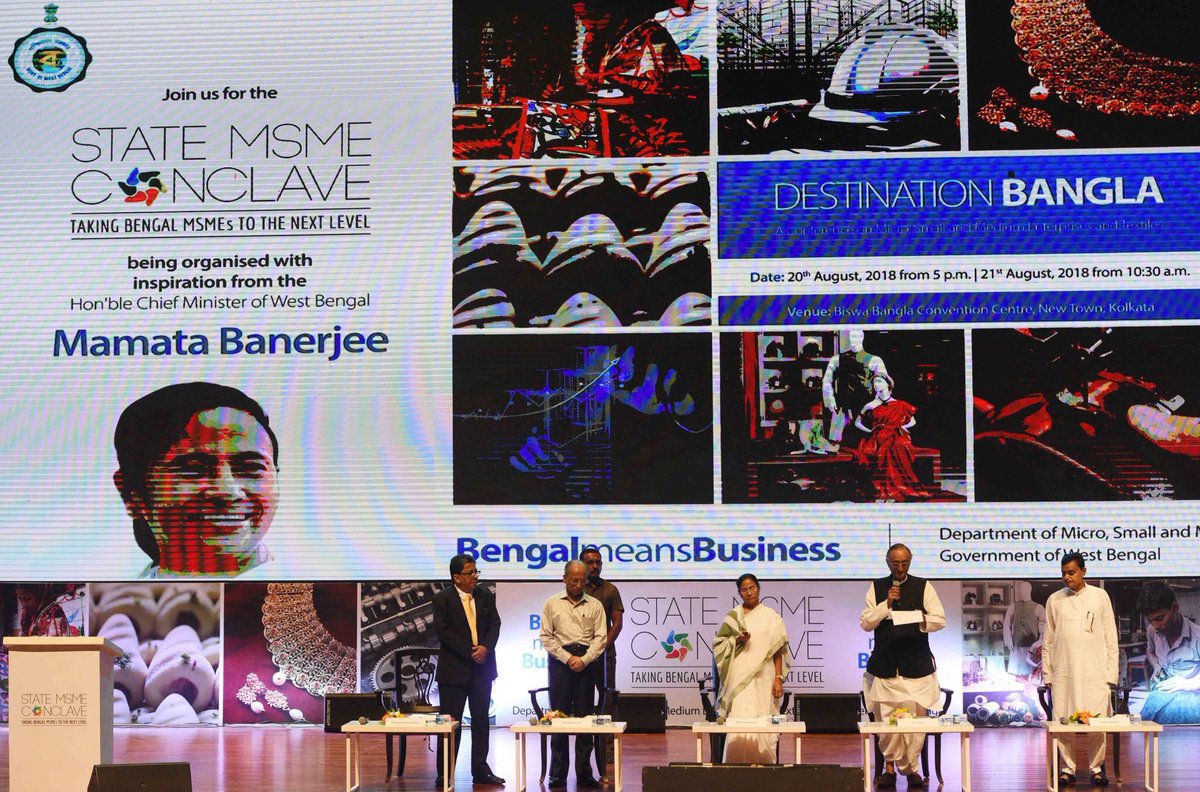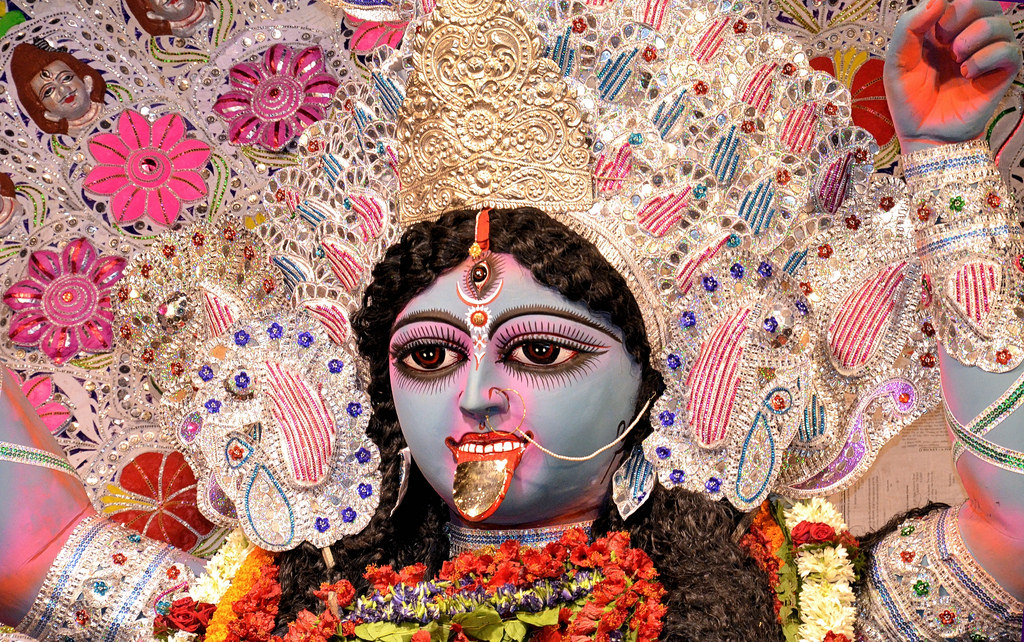Walking in the footsteps of the bard, Mongpu, the picturesque hamlet in Darjeeling, is all set to usher in development. The State Government and the Gorkhaland Territorial Administration will be working together to promote Tagore’s favourite destination in the Hills as a global tourist spot and an education hub.
“Mongpu is like a pilgrimage for many, owing to its connection with Tagore and his multiple visits there. The State Government working together with the GTA and the West Bengal Heritage Commission will promote Mongpu as a heritage destination. We will also seek help of experts, working in the heritage sector for this,” said Tourism. The State Government has already started a project of renovation and construction of Rabindra Bhawan, Mongpu at a cost of Rs 3.54 crore.
The existing Rabindra Smriti Sramik Kalyan Kendra, where the Rabindra Bhawan is being constructed, was built in 1963. A guest house is also being constructed by the State government at a stone throws distance from Rabindra Museum. Mongpu, 32 km from Darjeeling, was the Bard’s favourite haunt. Tagore had visited Mongpu in 1938 on May 21 and stayed till June 9. In 1939, he stayed there from May 14 till June 17 to return again on the September 12 till the first week of November.
In 1940, he arrived at Mongpu again on April 21 and his birthday was also celebrated there that year. This was his last visit as he fell ill and had to return to Kolkata. He had completed many memorable works during his stay at Mongpu, including Chelebela, Nobojatok, Sesh Kotha, Bangla Bhashar Porichoy, Mongpu, Giribas, Sanai, Akash Prodip and Jonmodin.
At Mongpu, Tagore used to stay in the house of Manmohan Sen (Husband of Maitreyi Devi), who was the chief chemist of the Cinchona plantation. In 1944, this house was converted into “Rabindra Smrity-Bhavan.” Later in 2009, the building was renovated and converted into “Rabindra Museum.”
The museum was under renovation by the West Bengal State Heritage Commission. The tourism department had allotted Rs 3 crore for the renovation. It opened for the public on May 7, 2018. The museum is open throughout the week from 8 am to 4 pm (with an hour recess from 12 noon) except on Thursdays.
The Cinchona Directorate has already approached the West Bengal Heritage Commission to declare the Surel Kothi as a heritage site following renovations. The Surel bungalow was the guest house of the cinchona plantation. Tagore on his first visit had stayed there from May 21 to June 4, 1938. It is located in one of the oldest cinchona bungalows in the Labdah division of Mongpu.










